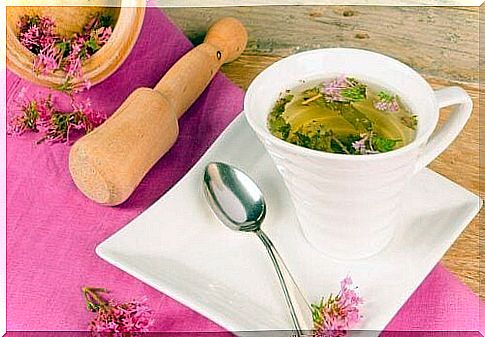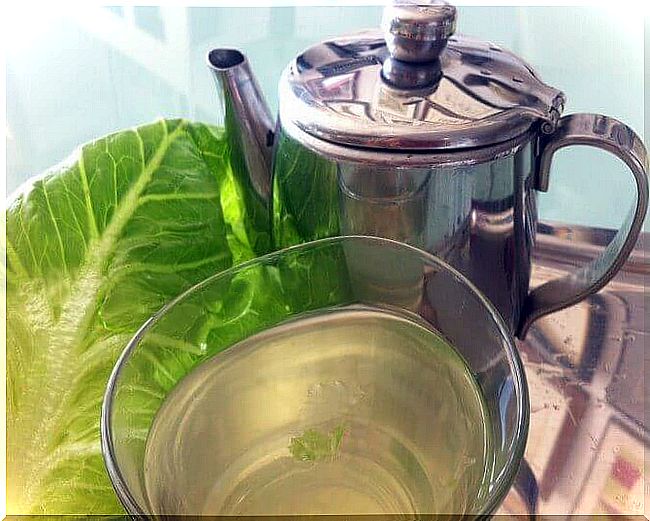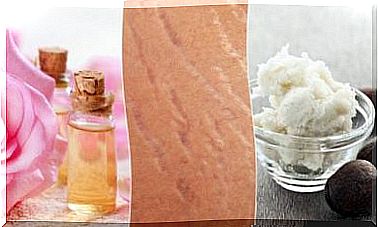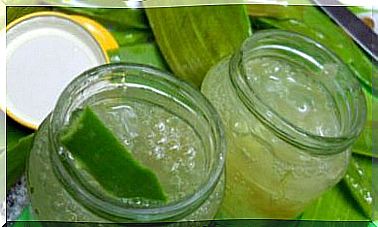4 Natural Ways To Treat Insomnia
Although these remedies can help us fight insomnia, if it continues to affect us, it is advisable to consult the doctor for tests to to avoid major problems.

Insomnia is one of the most common sleep disorders that many people suffer from today.
It is defined as the inability to get enough sleep and in some cases it is complete sleep deprivation.
This disorder is classified into two types:
- Occasional insomnia: which causes problems starting to fall asleep in less than 30 minutes.
- Chronic insomnia: which generates sleep problems, by producing nocturnal awakenings of more than 30 minutes of duration, or of greater duration and by preventing the person from falling asleep again.
In addition, insomnia can be caused by many factors. Among them we find:
- The stress
- Anxiety
- Eye problems
We know that we have to respect the hours of sleep if we are to be productive enough during the day.
In addition, we need to rest for our body and mind to function well.
The recommended hours of sleep are between 7 and 7 and a half hours per day.
However, many people only manage to rest for around 4 hours, while others manage to sleep up to 10 hours a day.
Insomnia, depending on how it progresses, can become temporary, that is, lasting for days or weeks, and even months or even years.
If you don’t want to suffer from the dangerous side effects of any medication, the best treatments for this disorder are home remedies. Some work faster than others, but they are all effective.
In this article, we are going to introduce you to a small list of natural remedies that will help you treat insomnia.
Now is the time to learn good habits for proper sleep and rest.
4 natural ways to treat insomnia
1. Valerian infusion
Valerian tea is a perfect natural remedy for anxiety, stress, or insomnia, and it can be consumed in a number of ways.
Ingredients
- 3 or 6 drops of valerian
- 1 cup of water (250 ml)
Preparation
- If you prefer to drink it hot, simply pour a cup of water into a saucepan and then heat it over low heat, or simply reheat it in the microwave.
- Add the drops of valerian to the water, then mix well and drink.
- It is recommended to consume this infusion half an hour before going to sleep.
2. Honey milk
Have you heard that milk is the best medicine for insomnia? Well, even if you still think it’s a myth, it’s totally true.
It helps us relax and fall asleep much faster, and honey serves as a natural sweetener.
Ingredients
- 1 glass of milk (200 ml)
- 1 teaspoon of honey (7.5 g)
Preparation
- If you only have powdered milk, you should only use 2-3 tablespoons to brew a drink.
- After preparing the milk, add honey to add flavor.
- Reheat then consume 30 to 40 minutes before going to sleep.
3. Chamomile tea
Almost all herbs have relaxing properties and act as pain relievers. Most notably, chamomile is a wonderful herb for treating many disorders, but most importantly, for helping us get to sleep.
Ingredients
- 1 tablespoon of chamomile or a sachet (10 g)
- 1 cup of hot water (250 ml)
Preparation
- It is one of the easiest herbal teas to prepare.
- All you have to do is place the chamomile sachet in the hot water and then wait for it to steep completely.
- If you prefer to use loose chamomile, strain before drinking it.
- Drink this infusion 20 minutes before going to sleep.
4. Lettuce tea
As we said before, insomnia can be caused by many factors. Lettuce is an excellent remedy for relieving anxiety and stress. It also helps us fall asleep quickly.
For this infusion, we will only use the central part of the lettuce.
Ingredients
- 1 lettuce trunk, or 3 leaves
- 1 cup of water (250 ml)
Preparation
- Heat the water, the amount of which may vary depending on the number of lettuce leaves we are going to use.
- When the water comes to a boil, add the trunk or lettuce leaves and let steep for 5 minutes to allow minerals and soothing agents to distil off.
- Then strain this infusion and wait for it to cool down a bit.
- Drink it 20 to 30 minutes before going to sleep.
To get a restful sleep, it is very important that we perform physical and mental deactivation. Follow a series of relaxation exercises, and put your worries aside.









